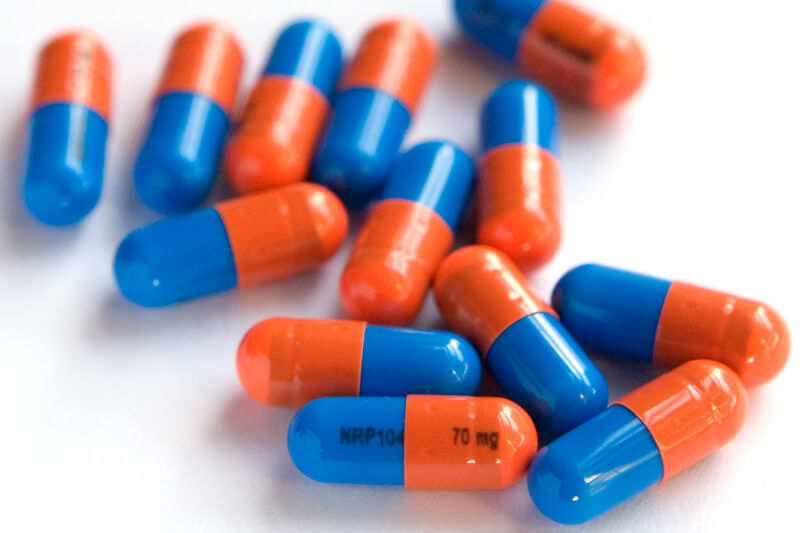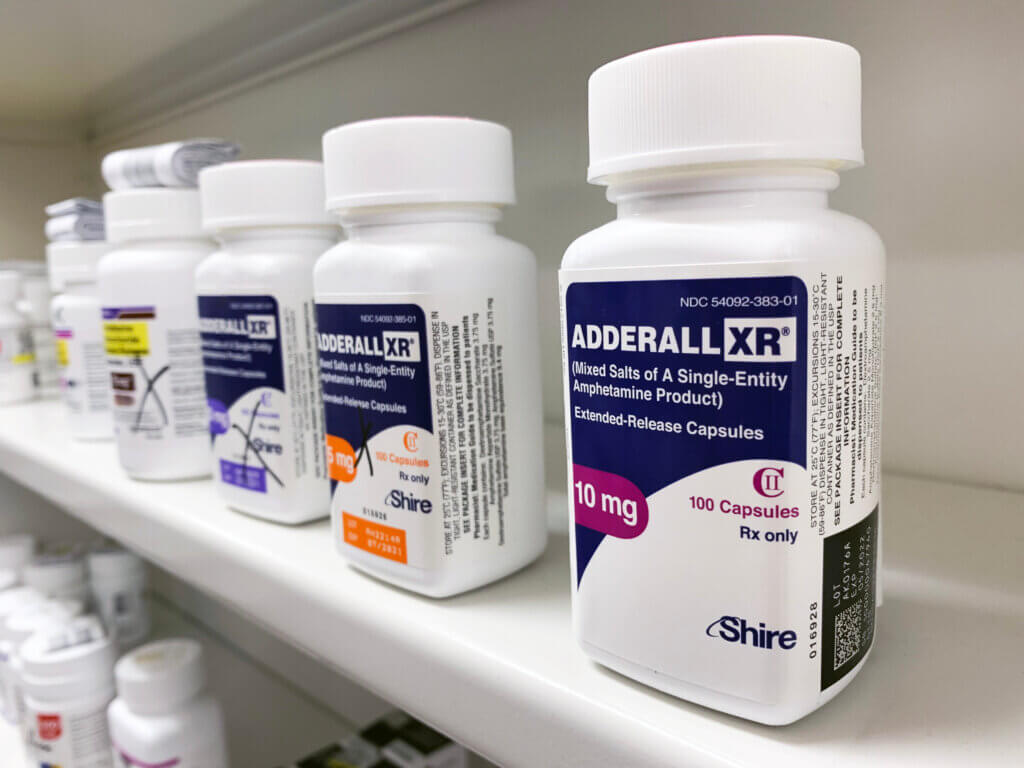New research links use of prescription stimulants to poorer mental health, substance abuse
College students often face immense pressure to perform academically, leading some to turn to illicit use of prescription stimulants like Adderall as a “study aid.” However, new research from Binghamton University, State University of New York, reveals that this practice is not only dangerous in itself but can also lead to the use of other drugs and a decline in mental health.
Adderall, a combination of amphetamine and dextroamphetamine, is commonly prescribed to treat Attention Deficit Hyperactivity Disorder (ADHD). According to 2018 figures from the National Institute on Drug Abuse, an estimated 11.1% of U.S. college students misuse Adderall, primarily for academic purposes. Another 8.1% of the non-college population misuses the drug as well. However, the long-term consequences of this misuse are not well understood.
To shed light on this issue, a team of researchers led by Associate Professor Lina Begdache surveyed 702 undergraduate college students from across the U.S. The study inquired about the most commonly used drugs among students, including ADHD medications, cannabis, nicotine, alcohol, MDMA, and ecstasy, as well as academic performance and physical and mental distress.
The findings, published in the International Journal of Psychological and Behavioral Sciences, revealed several concerning associations. Using one substance, such as Adderall, was linked to an increased likelihood of using others. “Substance use promotes the release of the neurotransmitter dopamine, which is responsible for the initial euphoria and feelings of pleasure,” Begdache explains in a statement. These sensations act as a positive reinforcement for further substance use.”
As the brain becomes accustomed to these elevated dopamine levels, the initial substance may no longer produce the desired effects. “Individuals have to either increase the dose or resort to something more potent,” says Begdache. This phenomenon, known as cross-sensitization, can lead to a dangerous cycle of escalating substance use.

Moreover, the study found that using one substance was associated with generally poorer mental health and lower resilience to stress. This is particularly concerning given that the brain continues to develop into a person’s mid-to-late 20s. “Substance use during young adulthood may have a strong negative impact on the quality of brain maturity and cognitive function,” warns Begdache.
The researchers also noted that low-frequency substance use was negatively associated with mental distress, potentially becoming a positive reinforcement for further use. In other words, students may turn to substances to cope with stress and anxiety, creating a vicious cycle that ultimately exacerbates mental health issues.
Begdache emphasizes the importance of these findings, stating, “Since these are prescribed medications to promote focus in individuals who actually have ADHD, students may think that they are safe to use and that the drug may give them an academic edge.” However, the reality is far more complex and potentially harmful.
To address this growing problem, Begdache leads the Binghamton Student Managed Adderall Research Team (B-SMART), which investigates the harmful effects of Adderall abuse on college students. She believes that college campuses need to take a stronger stance on educating their students about the dangers of drug use on the developing brain.
“The repeated feedback we receive from students is that they wish they knew this information earlier. Lack of education and peer pressure are the main drivers,” says Begdache. “College campuses are struggling to deal with the mental health decline of their students. A preventative approach is more cost-effective and may likely improve the quality of life of their students in the future.”
As the demand for mental health services on college campuses continues to rise, it is crucial to address the root causes of this crisis. By educating students about the risks associated with “study drugs” and other substances, universities can take a proactive approach to promoting mental well-being and academic success.
Ultimately, the pursuit of academic excellence should not come at the cost of one’s health and future. By shedding light on the hidden dangers of Adderall abuse and other substance use, this research serves as a wake-up call for students, educators, and healthcare professionals alike. Only through open dialogue, evidence-based education, and accessible mental health resources can we hope to stem the tide of substance abuse and mental health decline on college campuses.












